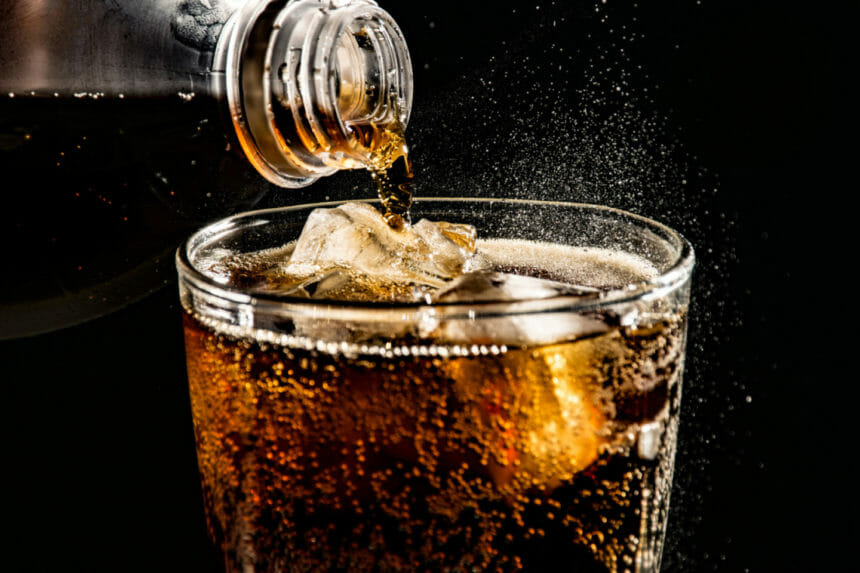
The consumption of artificially sweetened beverages does not significantly affect senior women’s odds of reporting stress or urge incontinence, researchers have found.
Incontinence is common in older adults and is linked to a variety of comorbidities, including cognitive impairment, falls, fractures and a reduced quality of life. Sugary beverages have been linked to the problem, but the new study sheds some doubt on this popular hypothesis.
Investigators analyzed data from the Women’s Health Initiative Observational Study, including more than 80,000 women. They examined the association between types of incontinence and artificially sweetened beverage consumption.
Women who consumed one or more servings of artificially sweetened beverages per day had 10% greater odds of having mixed urinary incontinence (both urge and stress types). But the amount consumed was not associated with stress or urgency urinary incontinence symptoms, the researchers found.
Modifying behavior
The overall results suggest that clinicians may want to counsel women with urinary incontinence to “focus more on behavioral modifications, such as total volume intake, rather than on the type of beverage consumed,” the authors said.
What’s more, given the potential for adverse health effects associated with consuming sugary beverages, clinicians may not want to direct patients to avoid beverages that contain artificial sweeteners, the authors concluded.
The study was published in the journal Menopause.
Related articles:
Let’s talk: Post-acute rehab patients need to be looped in about incontinence care, study finds
DON survey links rate of resident falls with urinary incontinence



